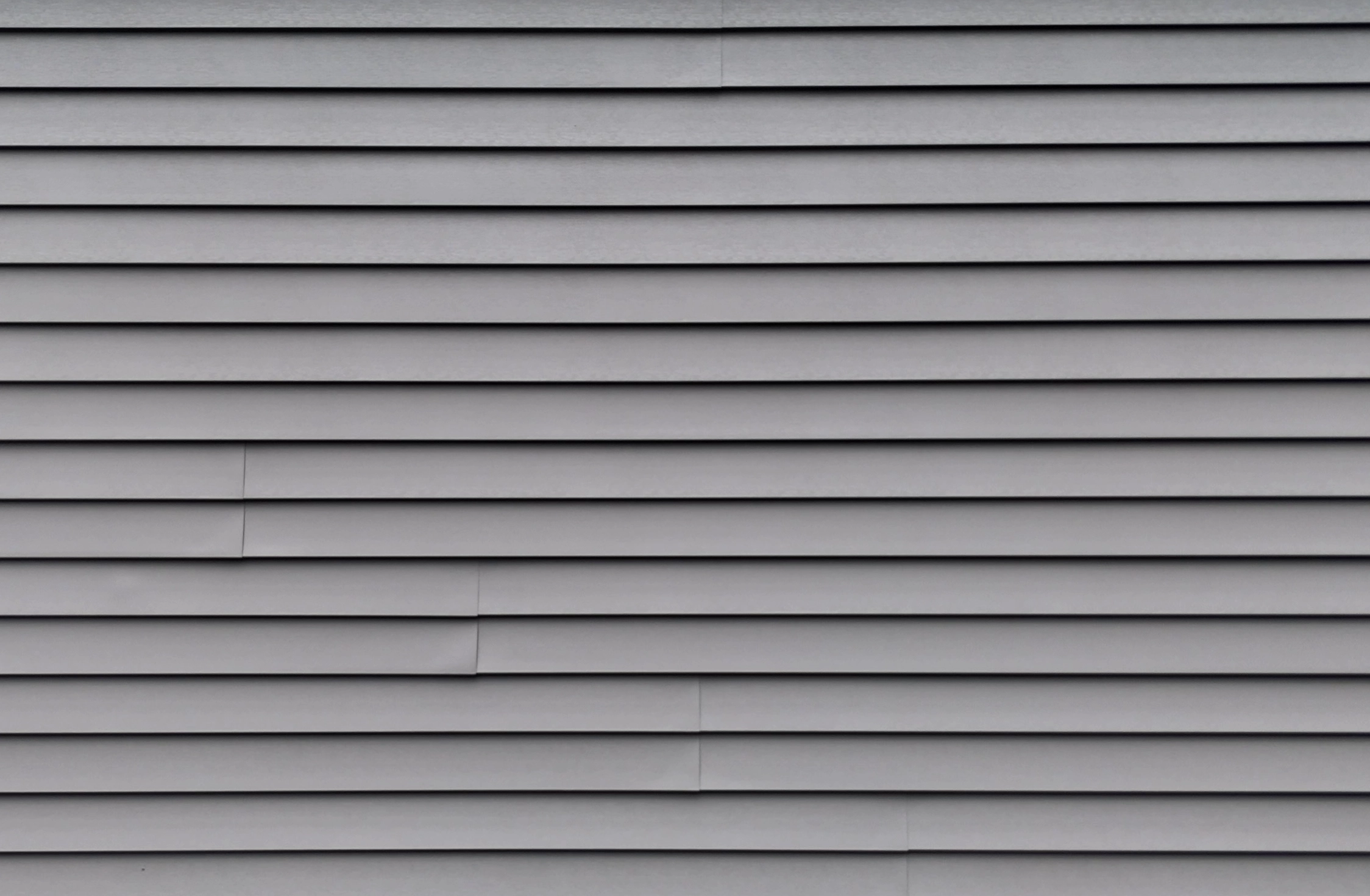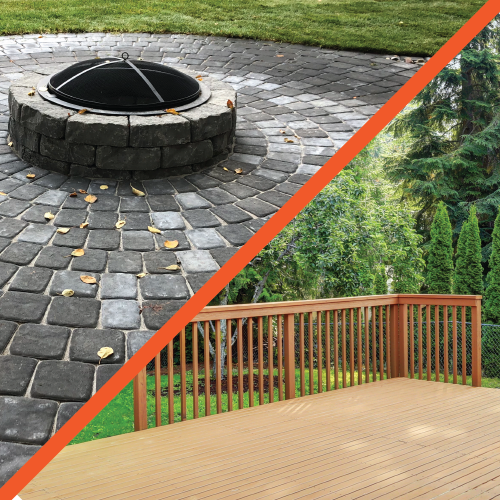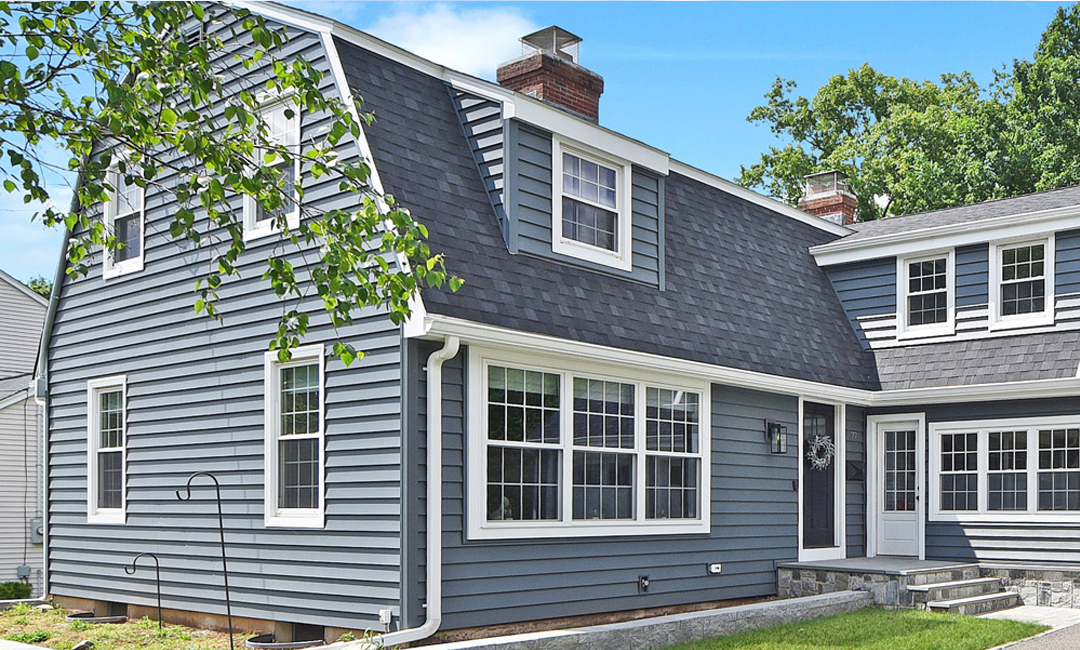Maintaining a cool home during Connecticut’s summer months is crucial for comfort and energy efficiency. One often overlooked solution is window replacement. Upgrading your windows can significantly reduce heat gain, lowering indoor temperatures and easing the strain on your cooling system. This is especially important for homeowners in Connecticut, where summers can be particularly hot. This article will explore how window replacement can help keep your home cooler and provide insights into the best window technologies and strategies to achieve this goal.
The Science Behind Heat Gain Through Windows
Windows are a major source of heat gain in homes. Solar radiation enters through the glass, raising indoor temperatures. This effect is exacerbated if the windows are old, single-paned, or lack proper glazing. Heat is transferred in three ways:
- Conduction: Heat passes directly through the window materials.
- Convection: Air currents transfer heat through the window gaps.
- Radiation: Sunlight directly heats the interior through the glass.
Modern window designs and materials can significantly reduce these forms of heat transfer. By understanding the science behind heat gain, homeowners can make informed decisions about window replacement to enhance their home’s cooling efficiency.
Benefits of Window Replacement for Home Cooling
Replacing your windows offers several benefits that contribute to a cooler home:
- Improved Insulation: New windows provide better insulation, preventing outdoor heat from entering your home.
- Enhanced Energy Efficiency: Energy-efficient windows reduce the need for air conditioning, lowering energy bills.
- Reduction in Cooling Costs: With less reliance on cooling systems, homeowners can save significantly on energy costs.
- Increased Comfort: Consistent indoor temperatures lead to a more comfortable living environment.
Modern windows are designed to minimize heat transfer, utilizing advanced materials and construction techniques to keep your home cool even during the hottest days.
Energy-Efficient Window Technologies
When considering window replacement, it’s important to understand the various technologies that can enhance energy efficiency and home cooling:
- Low-E (low emissivity) Glass: This type of glass has a special coating that reflects infrared light, keeping heat inside in winter and outside in summer. It also blocks UV rays, protecting your home from the sun’s harmful effects.
- Double or Triple Glazing: These windows have two or three layers of glass with air or gas-filled spaces in between. This design reduces heat transfer, significantly improving insulation compared to single-pane windows.
- Gas Fills and Spacer Systems: Inert gases like argon or krypton are used between the panes of glass in double or triple-glazed windows. These gases provide better thermal performance than air. Spacer systems, which separate the panes of glass, also play a crucial role in reducing heat transfer and preventing condensation.
Energy Savings
Replacing old windows with energy-efficient models can lead to substantial energy savings. According to the U.S. Department of Energy, energy-efficient windows can save homeowners between $126 to $465 annually, depending on the climate and type of windows being replaced. For Connecticut homeowners, this means:
- Up to 30% Reduction in Energy Bills: Upgrading to energy-efficient windows can cut your energy bills by up to 30%, especially if you have older, single-pane windows.
- Enhanced Home Value: Investing in window replacement can also increase your home’s market value, making it a worthwhile investment.
Environmental Impact
Upgrading to energy-efficient windows not only benefits your home but also has positive environmental impacts:
- Reduced Carbon Footprint: Lower energy consumption translates to fewer carbon emissions. By upgrading your windows, you are contributing to a reduction in greenhouse gas emissions.
- Sustainable Living: Energy-efficient windows are often made from sustainable materials and can be recycled at the end of their lifespan. This reduces the environmental impact of manufacturing and disposal.
By choosing to replace your windows, you are making a conscious effort to contribute to a more sustainable and environmentally friendly future.
Choosing the Right Windows for Your Home
Selecting the right windows for your home involves considering several factors:
- Material: Windows can be made from various materials, including vinyl, wood, aluminum, and fiberglass. Each material has its own benefits and drawbacks in terms of insulation, maintenance, and aesthetics. For example, vinyl windows are low-maintenance and offer excellent insulation, while wood windows provide a traditional look but require more upkeep.
- Style: The style of the window affects both the appearance and functionality. Common styles include double-hung, casement, awning, and sliding windows. Double-hung windows offer versatility and ease of cleaning, while casement windows provide superior ventilation and unobstructed views.
- Glass Type: The type of glass used in your windows significantly impacts energy efficiency. Consider options like Low-E glass, double or triple glazing, and impact-resistant glass. Each type offers different levels of insulation and protection.
- Climate Considerations: Connecticut’s climate, with its hot summers and cold winters, requires windows that perform well in both extremes. Energy-efficient windows with high insulation values and Low-E coatings are ideal for this region.
Additional Tips for Keeping Your Home Cool
In addition to replacing your windows, there are several other strategies you can use to keep your home cool during the summer:
- Use of Window Treatments: Install shades, blinds, or curtains to block out the sun during the hottest parts of the day. Reflective or blackout window treatments are particularly effective.
- Landscaping for Shade: Plant trees or shrubs around your home to provide natural shade. This can reduce the amount of heat entering your home through the windows.
- Regular Maintenance and Inspections: Ensure that your windows and doors are properly sealed and maintained. Regular inspections can help identify and fix any issues that might be compromising your home’s insulation.
Frequently Asked Questions
Here are some common questions about window replacement and home cooling:
- Q: How much does window replacement cost?
- A: The cost of window replacement varies depending on the type of windows, materials, and installation fees. On average, homeowners can expect to spend between $300 to $700 per window.
- Q: How long do energy-efficient windows last?
- A: Energy-efficient windows typically last 20 to 25 years. Proper maintenance can extend their lifespan even further.
- Q: Can I replace my windows myself?
- A: While some homeowners may choose to replace their windows themselves, professional installation ensures that the windows are properly fitted and sealed, maximizing their energy efficiency and longevity.
- Q: What are the benefits of Low-E glass?
- A: Low-E glass reduces heat transfer, blocks harmful UV rays, and helps maintain a consistent indoor temperature, leading to lower energy costs and increased comfort.
Upgrading your windows is a smart investment for keeping your home cooler in the summer. With improved insulation, enhanced energy efficiency, and significant cost savings, window replacement offers numerous benefits for Connecticut homeowners. By choosing the right windows and utilizing additional cooling strategies, you can enjoy a comfortable, energy-efficient home year-round.
Get a Free Window Replacement Quote
Ready to upgrade your windows and enjoy a cooler home this summer? Contact your local window replacement services for a free consultation or quote. Investing in new windows can provide lasting benefits for your comfort and energy savings.



